Nori Equine ADAMTS4 ELISA Kit
$508.00 – $916.00
This ELISA kit is for quantification of ADAMTS4 in horse. This is a quick ELISA assay that reduces time to 50% compared to the conventional method, and the entire assay only takes 3 hours. This assay employs the quantitative sandwich enzyme immunoassay technique and uses biotin-streptavidin chemistry to improve the performance of the assays. An antibody specific for ADAMTS4 has been pre-coated onto a microplate. Standards and samples are pipetted into the wells and any ADAMTS4 present is bound by the immobilized antibody. After washing away any unbound substances, a detection antibody specific for ADAMTS4 is added to the wells. Following wash to remove any unbound antibody reagent, a detection reagent is added. After intensive wash a substrate solution is added to the wells and color develops in proportion to the amount of ADAMTS4 bound in the initial step. The color development is stopped, and the intensity of the color is measured.
Alternative names for ADAMTS4: disintegrin and metalloproteinase with thrombospondin motifs 4
This product is for laboratory research use only not for diagnostic and therapeutic purposes or any other purposes.
- Description
- How Elisa Works
- Product Citation ()
- Reviews (0)
Description
Nori Equine ADAMTS4 ELISA Kit Summary
Alternative names for ADAMTS4: disintegrin and metalloproteinase with thrombospondin motifs 4
Alternative name for equine: Horse
| Assay Type | Solid Phase Sandwich ELISA |
| Format | 96-well Microplate or 96-Well Strip Microplate |
| Method of Detection | Colorimetric |
| Number of Targets Detected | 1 |
| Target Antigen Accession Number | F6YRD3 |
| Assay Length | 3 hours |
| Quantitative/Semiquantitative | Quantitative |
| Sample Type | Plasma, Serum, Cell Culture, Urine, Cell/Tissue Lysates, Synovial Fluid, BAL, |
| Recommended Sample Dilution (Plasma/Serum) | No dilution for sample <ULOQ; sufficient dilution for samples >ULOQ |
| Sensitivity | 60 pg/mL |
| Detection Range | 0.312-20 ng/mL |
| Specificity | Equine ADAMTS4 |
| Cross-Reactivity | < 0.5% cross-reactivity observed with available related molecules, < 50% cross-species reactivity observed with species tested. |
| Interference | No significant interference observed with available related molecules |
| Storage/Stability | 4 ºC for up to 6 months |
| Usage | For Laboratory Research Use Only. Not for diagnostic or therapeutic use. |
| Additional Notes | The kit allows for use in multiple experiments. |
Standard Curve
Kit Components
1. Pre-coated 96-well Microplate
2. Biotinylated Detection Antibody
3. Streptavidin-HRP Conjugate
4. Lyophilized Standards
5. TMB One-Step Substrate
6. Stop Solution
7. 20 x PBS
8. Assay Buffer
Other Materials Required but not Provided:
1. Microplate Reader capable of measuring absorption at 450 nm
2. Log-log graph paper or computer and software for ELISA data analysis
3. Precision pipettes (1-1000 µl)
4. Multi-channel pipettes (300 µl)
5. Distilled or deionized water
Protocol Outline
1. Prepare all reagents, samples and standards as instructed in the datasheet.
2. Add 100 µl of Standard or samples to each well and incubate 1 h at RT.
3. Add 100 µl of Working Detection Antibody to each well and incubate 1 h at RT.
4. Add 100 µl of Working Streptavidin-HRP to each well and incubate 20 min at RT.
5. Add 100 µl of Substrate to each well and incubate 5-30 min at RT.
6. Add 50 µl of Stop Solution to each well and read at 450 nm immediately.
Background:
A disintegrin and metalloproteinase with thrombospondin motifs 4 (ADAMTS4) is an enzyme that is encoded by the ADAMTS4 gene[1] and belong to ADAMTS protein family. Members of the family share several distinct protein modules, including a propeptide region, a metalloproteinase domain, a disintegrin-like domain, and a thrombospondin type 1 (TS) motif. Individual members of this family differ in the number of C-terminal TS motifs, and some have unique C-terminal domains. ADAMTS4 lacks a C-terminal TS motif and is the only non-glycosylated ADAMTS.[2]. It also only has one thrombospondin type 1 motif (TSR), whereas all the other ADAMTS have two or more TSRs. The TSR is important for binding of the enzyme to the extracellular matrix and hence its substrate specificity. ADAMTS4 is capable of cleaving all the large chondroitin sulfate hyaluronan-binding proteoglycans (CSPGs), including aggrecan, brevican, neurocan and versican. Like ADAMTS5, it can be effectively inhibited by tissue inhibitor of metalloproteinase-3 (TIMP3)[3] and this inhibition can be enhanced in the presence of aggrecan.[4] In addition to TIMP3, it can also be inhibited by calcium pentosan polysulfate.[5] The cleavage of aggrecan and brevican suggests key roles of this enzyme in arthritic disease and in the central nervous system, potentially, in the progression of glioma. ADAMTS4 (and ADAMTS5) are the major proteinases responsible for the degradation of proteoglycans in articular cartilage in osteoarthritis.[6] Which of these aggrecanases is more important in cartilage degradation appears to be species-specific, with ADAMTS4 more important in Equine disease (but ADAMTS5 more important in mouse models of osteoarthritis). ADAMTS4 is expressed in various tissues.[2]
References
- Tang BL, Hong W (1999). FEBS Letters. 445 (2–3): 223–5.
- Kelwick R, et al. (2015). Genome Biol. 16 (1): 113.
- Troeberg L, et al. (2009). Matrix Biol. 28 (8): 463–9.
- Wayne GJ, et al. (2007). J. Biol. Chem. 282 (29): 20991–8.
- Takizawa M, et al. (2008). FEBS Lett. 582 (19): 2945–9.
- Bondeson J, et al. (2008). Clin. Exp. Rheumatol. 26 (1): 139–45.
Be the first to review “Nori Equine ADAMTS4 ELISA Kit”
You must be logged in to post a review.
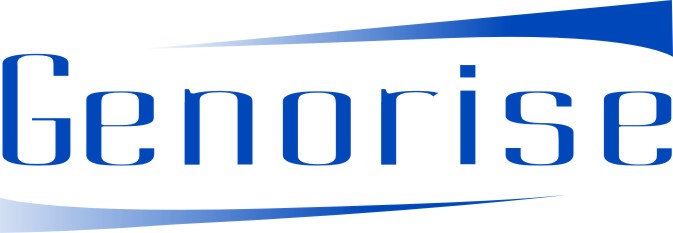






















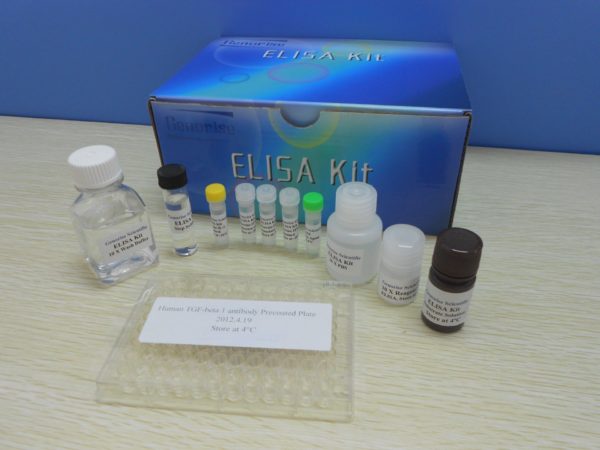
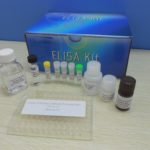
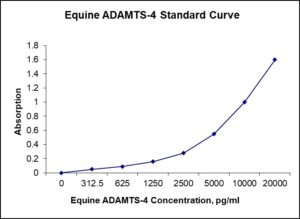
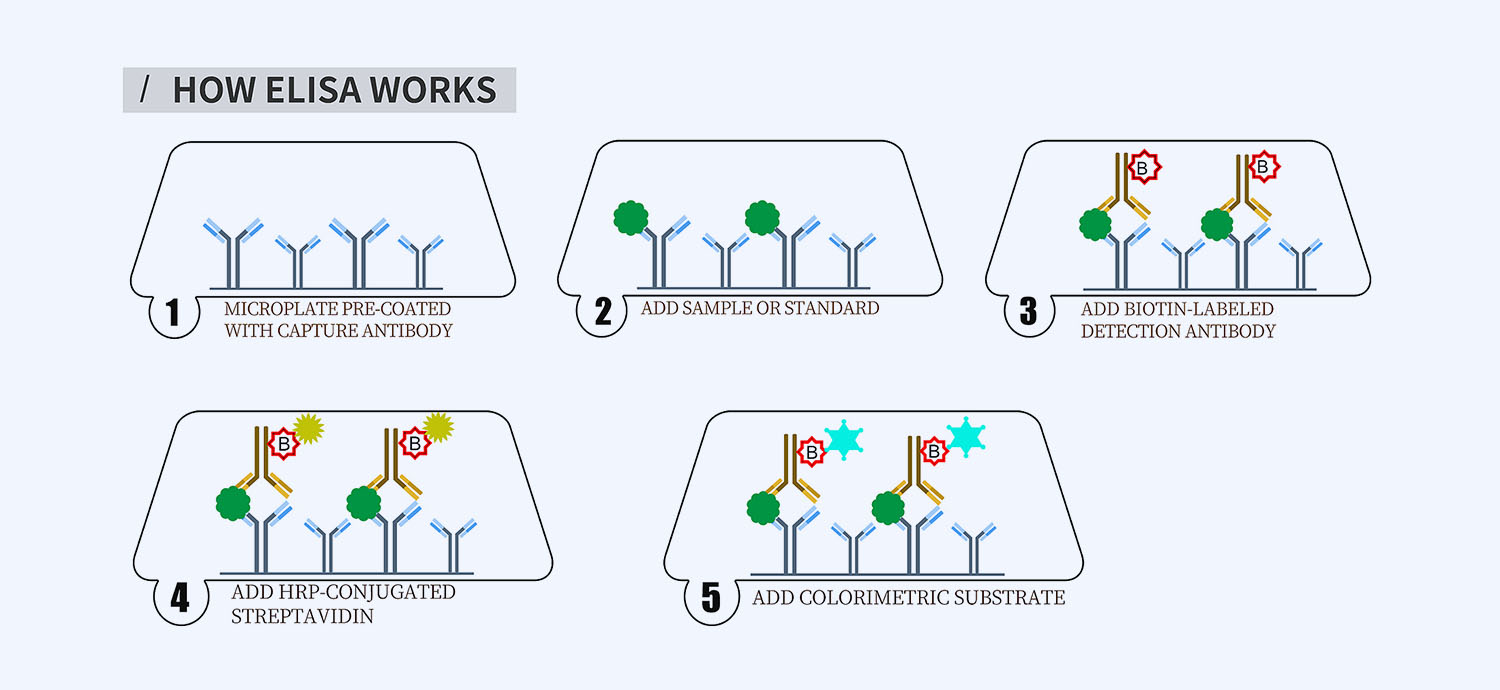
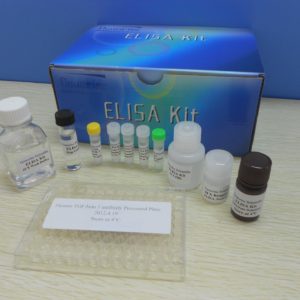
Reviews
There are no reviews yet.